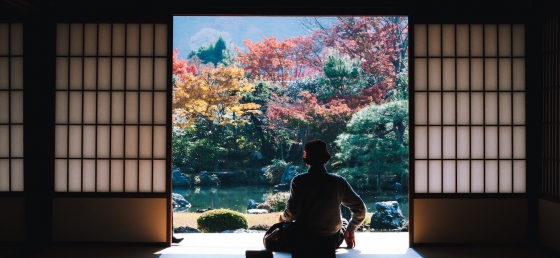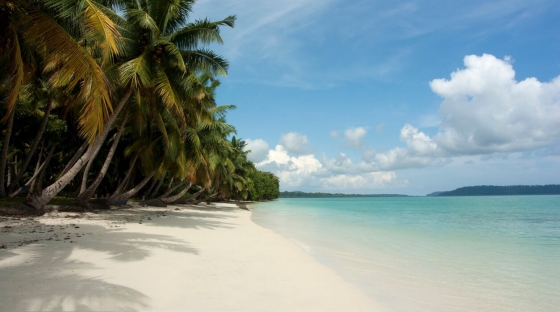Gwangju Weather and Climate: A Comprehensive Guide
The temperature in Gwangju can vary quite a bit throughout the year.
Temperatures can be very warm during the warmest months,
and cold during the cooler months.
It also has a notably wet climate with much precipitation.
Now, let’s explore all the climate details to give you a full picture.
Average maximum day and minimum night temperature
Visitors to Gwangju can expect significant temperature changes throughout the year. Average maximum daytime temperatures range from a very warm 31°C in August, the warmest time of the year, to a chilly 6°C during cooler months like January.
At night, temperatures typically drop to an average of around -4°C during these months. Check out our detailed temperature page for more information.Temperature ranges by month
Precipitation and rainy days
Gwangju is known for its substantial rain/snowfall, with annual precipitation reaching 1298 mm. Significant seasonal changes in precipitation occur throughout the year. During the wetter season, July receives heavy rainfall, averaging 256 mm of precipitation, recorded across 15 rainy days. In contrast, the drier season, January brings less snow/rainfall, with 34 mm over 11 snowy/rainy days. For more details, please visit our Gwangju Precipitation page.The mean monthly precipitation over the year, including rain, hail and snow
Sunshine over the year
While the amount of sunshine in Gwangju varies throughout the year, all seasons offer their own charm. Enjoy up to 7.6 hours of daily sun in May, and experience slightly darker atmosphere in July, with about 4.9 hours of daily sunlight. Visit our detailed sunshine hours page for more information.Monthly hours of sunshine
Daily hours of sunshine
Average humidity
The relative humidity is high throughout the year in Gwangju.
The city experiences its highest humidity in July, reaching 80%. In April, the humidity drops to its lowest level at 62%. What does this mean? Read our detailed page on humidity levels for further details.
Relative humidity over the year
overcast and no rain partly cloudy and no rain clear and no rainForecast for Gwangju
Select a Month of Interest
Check the conditions for any month of the year.
The best time of year to visit Gwangju in South Korea
During the months of May and October you are most likely to experience good weather with pleasant average temperatures that fall between 20°C and 26°C.Other facts from our historical weather data:
Most rainfall (rainy season) is seen in June, July and August.
August has an average maximum temperature of 31°C and is the warmest month of the year.
The coldest month is January with an average maximum temperature of 6°C.
July tops the wettest month list with 256 mm of rainfall.
January is the driest month with 34 mm of precipitation.
May is the sunniest month with an average of 228 hours of sunshine.
No idea where to travel to this year? We have a tool that recommends destinations based on your ideal conditions. Find out where to go with our weather planner.




